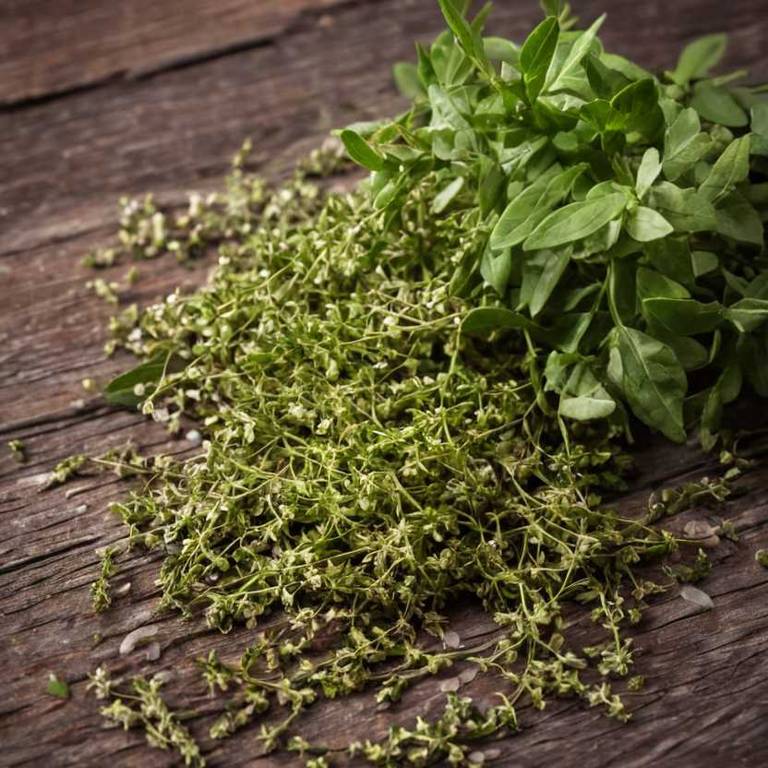Bistort
Polygonum bistorta
Ashwagandha is a prominent medicinal herb in Ayurvedic medicine, classified as a rasayana (rejuvenator). It is primarily utilized as an adaptogen to help the body manage physical and chemical stress.
Family
Solanaceae (Nightshade)
Native Region
India, Middle East, Africa
Part Used
Root, Leaf, Berry

Botanical Identification
Bistort, scientifically known as Polygonum bistorta, belongs to the Polygonaceae family. Common names include bistort and broadleaf bistort, with regional variations. It is a perennial herb native to Europe and parts of Asia. The plant has thick, knotted rhizomes, heart-shaped leaves, and pinkish-white flowers. Historically, it has been referred to by various synonyms in herbal literature.
Active Compounds
Bistort contains key active compounds such as tannins, flavonoids, and phenolic acids, which contribute to its medicinal properties. These compounds work synergistically to provide anti-inflammatory and antioxidant effects, supporting its use in herbal medicine for various health conditions.
- Tannin
- Flavonoid
- Phenolic acid
Therapeutic Indications
| System | Condidtion | Action |
|---|---|---|
| Digestive | Diarrhea, gastrointestinal ulcers, gastritis, gastrointestinal inflammation, gastroenteritis | Antimicrobial, anti-inflammatory, astringent, spasmolytic, carminative |
| Integumentary | Skin infections, wound healing, skin ulcers, wounds, skin irritations | Antimicrobial, antioxidant, anti-inflammatory |
| Respiratory | Respiratory infections, respiratory tract infections, cough, bronchitis | Antimicrobial, expectorant, anti-inflammatory |
Preparation Methods
Decoction: Used for digestive issues and inflammation due to its astringent properties.
Infusion: Used for respiratory conditions and as a mild diuretic.
Tincture: Used for skin conditions and as an antiseptic due to its high concentration of active compounds.
Safety Profile
Bistort is generally considered safe when used in recommended doses. However, it may cause gastrointestinal discomfort in some individuals. It is contraindicated during pregnancy and breastfeeding due to limited safety data. Always consult a healthcare provider before use.